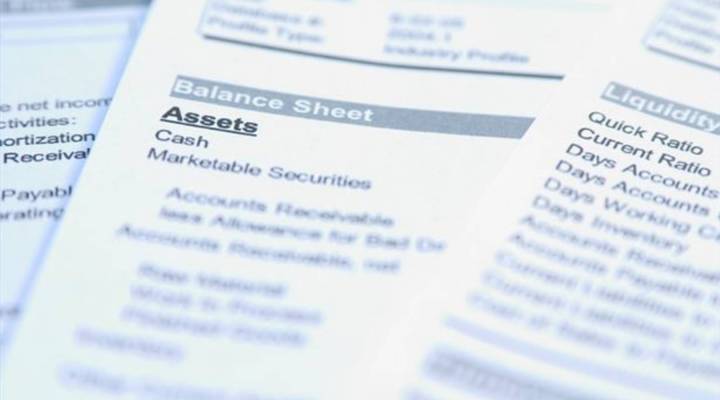
Assets: What are they anyway?

Any kind of media coverage of banks or investment companies invariably mentions the term “assets.” Toxic assets, liquid assets, tangible assets — What’s the difference? Is there any difference? And what are there mysterious assets anyway? Some of them are mortgages, and aren’t mortgages liabilities?
Sigh.
OK, here’s the skinny: an asset is anything you can convert into cash. Anything.
Check yourself out. That Starbucks card in your wallet with $20 on it? You could sell that to a colleague — it’s an asset. The $5 bill folded up in there — it’s an asset. In a company this cash and cash equivalent are called current assets.
Then there are tangible assets. That’s the things that companies use, and which can be sold for cash. In your case, the clothes you’re wearing? You can sell ’em online — assets. The wallet itself you might get a few dollars for — asset.
Then there are intangible assets, stuff that you can’t actually handle like you can handle a truck or a piece of machinery, but which still has value. Like a name. You might not think your name is worth money, but the Wal-Mart brand sure is.
Finally there’s the long-term assets. That’s stuff like stocks and other securities, all of which can be sold for cash.
There’s a little wrinkle here: debt. You might have a credit card in your wallet. You might also have an IOU for $10 from your workmate. Both are debt, but in one case it’s debt that you owe; in the other it’s debt that someone owes you. The debt that you owe, the credit card, is a liability. The debt someone owes you, that IOU, is an asset. You could sell that debt to someone else for $10.
Investment companies love debt assets. So do banks — that’s their business, after all! But debt can go bad. If that workmate of yours loses all her money on the horses or skips the country or goes to jail, that IOU is worthless. Toxic. You may as well tear it up and toss it.
So when you hear the word “asset” understand that an asset is worth nothing more that what people are prepared to pay for it.
There’s a lot happening in the world. Through it all, Marketplace is here for you.
You rely on Marketplace to break down the world’s events and tell you how it affects you in a fact-based, approachable way. We rely on your financial support to keep making that possible.
Your donation today powers the independent journalism that you rely on. For just $5/month, you can help sustain Marketplace so we can keep reporting on the things that matter to you.


















